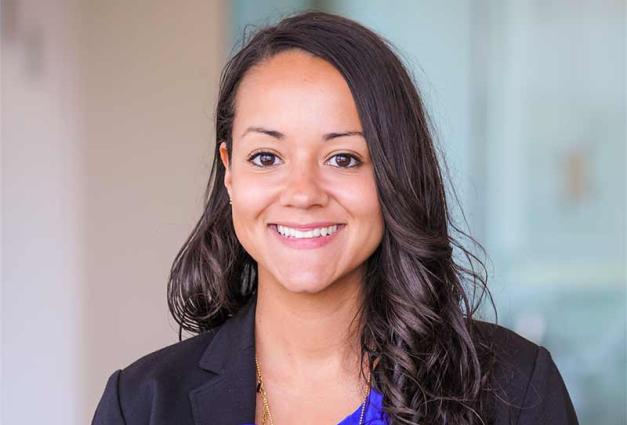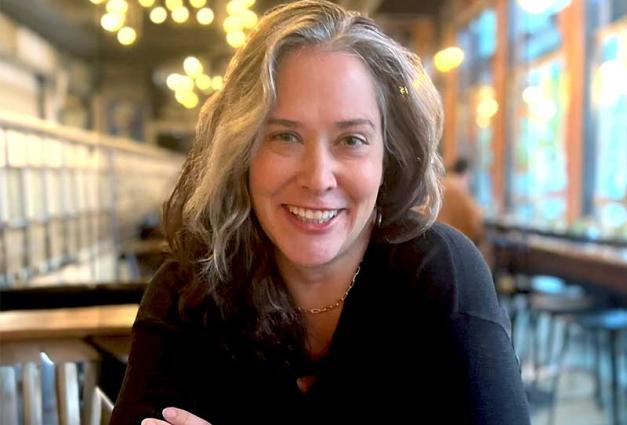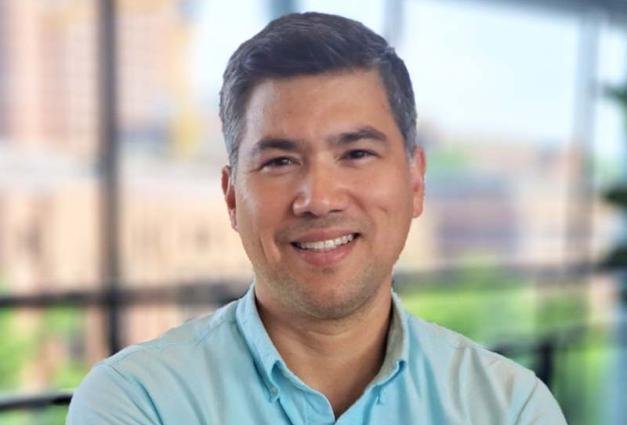David C. Funder is Distinguished Professor of Psychology at the University of California, Riverside. A past president of SPSP, he is also the former editor of the Journal of Research in Personality and is the author of The Personality Puzzle, a widely-used textbook. He is best known for his research on personality judgment and has also published on the longitudinal course of personality development and the psychological assessment of situations. This research has been supported by major grants from NIH and NSF. Before coming to UCR, he taught at Harvey Mudd College, Harvard University, and the University of Illinois, Urbana-Champaign.
Why did you join SPSP?
The initial impetus was the annual meeting, which -- as was quickly discovered -- filled a strong, unmet need. Since then SPSP has expanded into other activities and, with its new professional leadership, is sure to become even more important.
What led you to choose a career in personality and social psychology?
It was simply the most interesting thing I could find to do with my life. I am still amazed that it's possible -- not easy, but possible -- to make a living doing research on fascinating topics.
Briefly summarize your current research, and any future research interests you plan to pursue.
I did a lot of research on the accuracy of personality judgment, beginning at a time almost nobody was doing it because of widespread (and false) presumptions that personality wasn't important, that human judgment is fundamentally flawed, and that assessment of accuracy is philosophically impossible. To make a very long story very short, over 30 years of research I think I've helped to identify the most important variables that make accurate judgment more likely (being a good judge, having a good target, judging a visible trait, and having lots of good information), and the social psychological process that makes accurate judgment possible (in which a trait causes a person to emit relevant behavior cues that are available, detected, and utilized correctly by the judge). Now, many excellent people are doing research on this topic, which means it is time for me to move on. Currently, I am working to develop and apply a technology for the psychological assessment of situations. So far my lab-mates and I have used our instrument (the Riverside Situational Q-sort) to assess the basis of behavioral consistency, consequences of situational construal, and implications of a situational typology based on evolutionary theory. Our principal current and future project is extending situational assessment around the world with measurements of situational experience in -- so far -- 21 countries.
What is your most memorable SPSP Annual Convention experience?
The first several meetings I went to, I went completely hoarse by the second day. Too many exciting conversations in energetic, noisy rooms full of fascinating colleagues. Now I've learned to pace myself better.
How has being a member of SPSP helped to advance your career?
Despite all of the electronic and social media, there simply is no substitute for seeing and meeting people in person. When these are the people doing great work in a topic close yours, the effect can't be overstated. I've never come away from an SPSP meeting without being both exhausted and excited to get back to work.
Do you have any advice for individuals who wish to pursue a career in personality and social psychology?
If you go for it, give it your all. The field is incredibly competitive, but I don't mean that people are mean or cut-throat. Rather, it contains a huge number of people who are highly talented and work very hard. To have a chance, you need to be and do the same. The risk is high but the rewards are great. And please tell me: What is the "easy" career these days anyway?
Outside of psychology, how do you spend your free time?
My family and I love to travel and have had the chance for particularly memorable stays in New Zealand, Germany and Italy.




